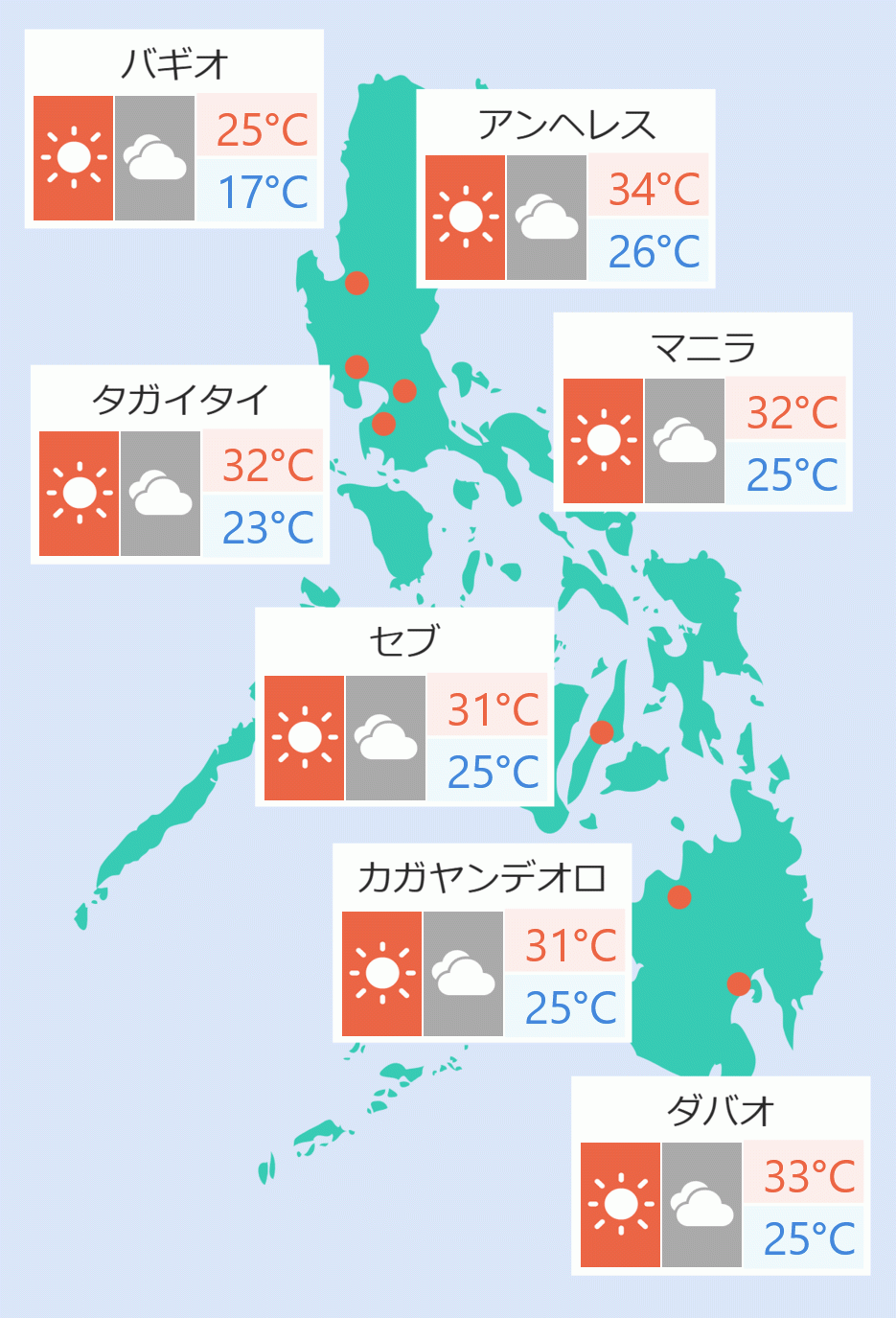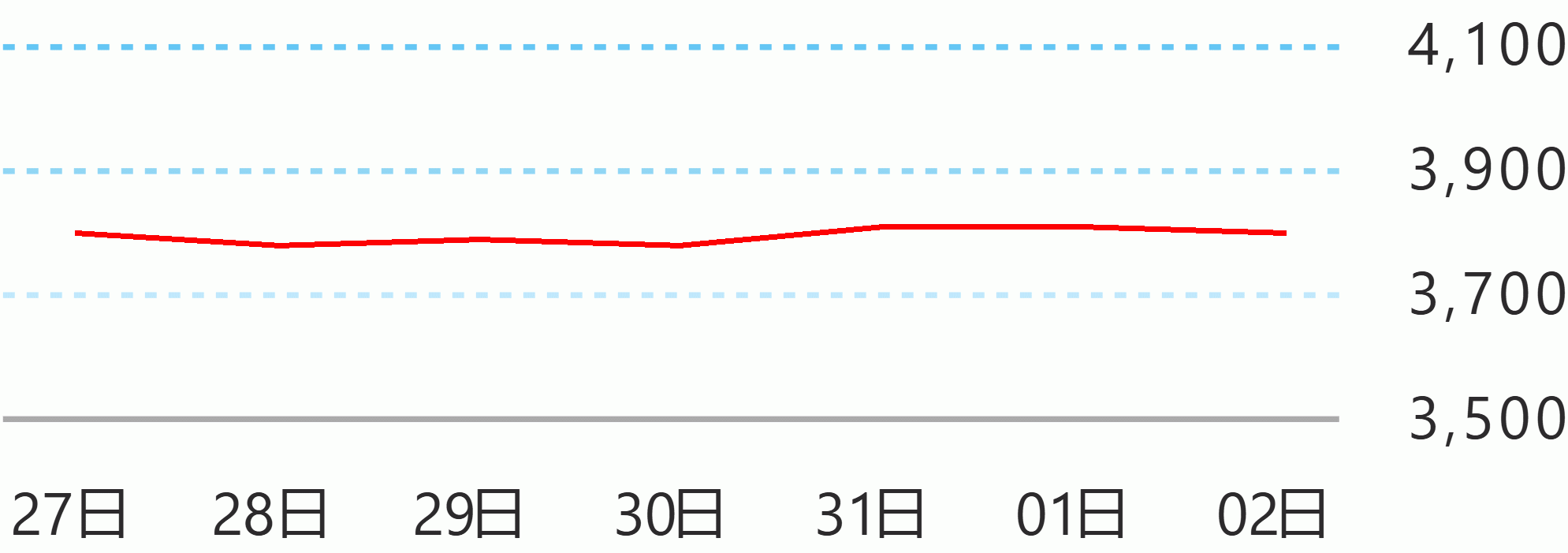On Tuesday, Ambassador Kazuhiko Koshikawa signed the grant assistance for the advancement of the gymnastic training facility of the Gymnastics Association of the Philippines.
Through the Grant Assistance for Cultural Grassroots Project (GACGP), “The Project for Improving the Training Environment at the Gymnastics Association of the Philippines (GAP)” seeks the advancements of a gymnastics training facility that will cater to a new generation of young Filipino Gymnastic champion.
The grant project, amounting to a total of up to $133,935 (approximately P7 million), will provide a set of gymnastics equipment apparatuses such as parallel bars, vaulting boards, rings, beams, round horse, mats, and the like. Some of the provided equipment was actually used during the gymnastics competitions of the Tokyo 2020 Games.
The set of equipment will be housed at the new gymnastics training facility for juniors, which Gymnastics Association of the Philippines will open in the City of Calamba and hopes to attract and inspire the youth.
Following the outstanding performances of Japan-trained Carlos Yulo at the World Gymnastics Championship and the Tokyo 2020 Olympic Games, this collaboration hopes to open opportunities to enjoy gymnastics for kids and teens and train young gymnasts that will be future champions.
Present during the signing ceremony were Ms. Cynthia Carrion-Norton, Gymnastics Association of the Philippines (recipient of the grant), Morinari Watanabe, the president of Fédération Internationale de Gymnastique, Celia Kiram, Commissioner of Philippine Sports Commission, Susan DL. Oribiana, Schools Division Superintendent, Department of Education; Noemi Talatala, General Services Officer of the City of Calamba and other invited guests .
The Grant Assistance for Cultural Grassroots Projects was introduced in FY 2000, expanding the scope of the Cultural Grant Aid, providing carefully planned assistance to directly benefit the so-called grassroots level in developing countries through assistance for NGOs and local public bodies. Japan Information and Culture Center





 English
English










